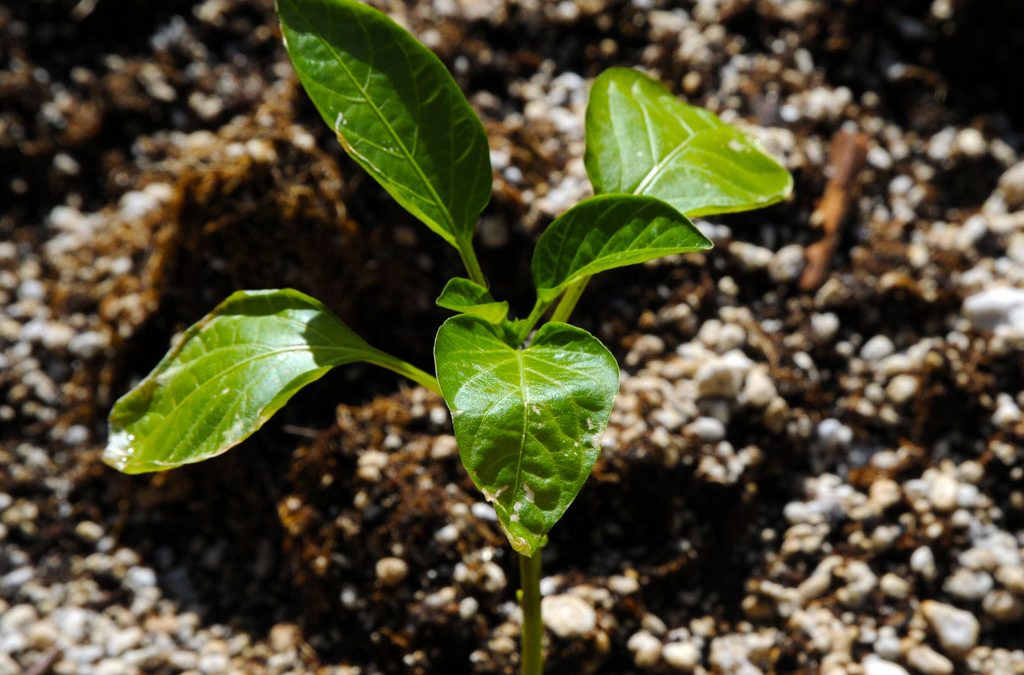
Growing Organic versus Hydroponics
There is currently a popular debate about the value of “organic” growing and its methods, including organic fertilizer and pest control methods that don’t cause harm to the planet. It is important to note that hydroponic growers are also looking for ways to efficiently and effectively apply these practices to hydroponics. Currently accepted organic fertilizer components are dependent upon organisms in the soil to break down the “organic” materials into the basic elements that are useable for plants. For more information on this, see our Soil versus Hydroponics article.
Before going any further, it is important to note the definitions of the terms pesticide, herbicide, and organic. A pesticide is a substance that is used to kill pests, or insects that are harmful to our plants. An herbicide is something used to kill weeds or unwanted plants. The term organic, in the context of farming, can be defined as produce that is grown without the use of chemical fertilizers, pesticides, or other artificial agents. To read about the chemistry definition of organic, see our article Organic versus Inorganic.
The perception that consumers have of organic standards is often that they don’t use any pesticides at all, and this is usually far from the truth.
Organic farmers use pesticides, but those pesticides must be considered organic by the USDA in the United States. Organic growers may use more pesticides that conventional farmers, but as long as that chemical is certified “organic,” then it is technically okay. You might be asking yourself, “How can this be true? I thought that to be certified organic means you couldn’t use any pesticides?” The fact is that these pesticides must come from natural sources and the processing must be minimized. Though “natural sources” may sound fine and dandy, the truth is that these pesticides can be just as harmful as those that are made with synthetic ingredients.
In hydroponics, the nutrients required for plant growth are added directly to the water, completely eliminating the need for soil and soil organisms. The results are impressive; much faster growth rates, higher yields, and even better crop quality are just some of the positive effects. This is proven time and again and is accepted by scientists and educators in the fields of both agriculture and chemistry.
With this in mind, it is important to recognize the specific reasons why organically grown produce is gaining such popularity. Consumers want to buy produce that is grown without the use of potentially harmful chemicals, such as synthetic pesticides or herbicides. There is an increasing public demand for methods that are gentle on our delicate planet and do not harm the soil, water or ecosystems. Hydroponic growing methods fit perfectly into this system of values if used appropriately. Plants grown hydroponically are provided with the precise nutrients in the proper ratios they need to grow quickly and become strong crops. These plants are more naturally able to resist pests and disease because they don’t need to expend energy growing long roots to search for necessary nutrients. For more information on root growth, see our Soil versus Hydroponics article.
Healthy plants mean that growers don’t need to use pesticides as frequently; the plants are healthier and naturally more resistant to pests. Many hydroponic growers use a method of pest control known as Integrated Pest Management, or IPM. This method is an integrative approach in which the grower scouts plants for pests regularly, and uses methods such as beneficial insects if a pest problem arises. By scouting plants, growers are able to catch small numbers of pests before they become a big problem. This greatly reduces the need for any pesticides, either organic or synthetic. IPM is not strictly used by hydroponic growers, many growers- both conventional and organic- implement aspects of IPM.
Advocates for organic growing claim it to be better for the environment because it doesn’t use synthetic chemicals on the soil. Vertical growing methods allow three or four times more food to be grown per square foot compared to soil (conventional or organic) gardening. By saving so much space, more soil can be returned back to its natural state to restore habitats for wildlife.
Much less water is required for hydroponic growing and consequently more food can be grown with less water than organic or conventional farming. The fertilizers uses for hydroponics are ultra-pure and leave no residue in the cultivated fruits and vegetables. Since hydroponic technologies are more efficient than soil methods, more people can enjoy the produce grown in an effective and environmentally friendly way!
The point of this article is not to discourage you from buying organic produce; in many cases it is better than conventionally grown food. However, many people feel that organic food is the perfect solution. It’s important to recognize that it has flaws just like most other things. Arm yourself with all of the facts before making your decision on which method is best. The only way to really know how your food is grown is to grow it yourself, and vertical hydroponic gardens are one of the most efficient, productive ways of doing that.

Hydroponic Nutrients

EC vs TDS

Organic Does Not Mean “No Pesticides”

How Plants Uptake Nutrients

What is Aquaponics
Trackbacks and pingbacks
No trackback or pingback available for this article.
Articles
Featured
-
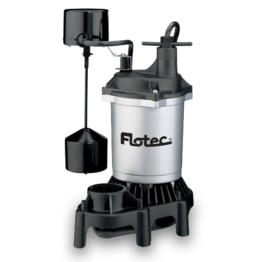 Submersible Thermoplastic Sump Pump 1/2 HPRegular Price $269.00
Submersible Thermoplastic Sump Pump 1/2 HPRegular Price $269.00 -
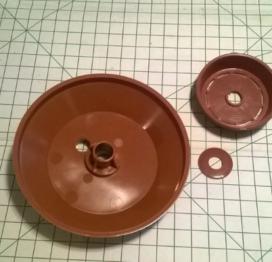 Drain Dish & Diffuser Dish Set 5 PackRegular Price $69.95
Drain Dish & Diffuser Dish Set 5 PackRegular Price $69.95 -
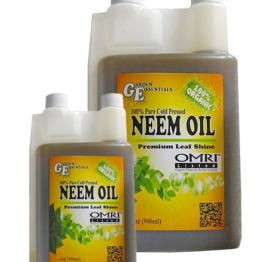 Cold Pressed Neem OilRegular Price $29.92 – $38.71
Cold Pressed Neem OilRegular Price $29.92 – $38.71 -
 Drain Dish & Diffuser Dish SetRegular Price $16.99
Drain Dish & Diffuser Dish SetRegular Price $16.99 -
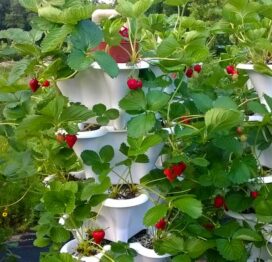 Five Tower Strawberry GardenRegular Price $2,799.00
Five Tower Strawberry GardenRegular Price $2,799.00 -
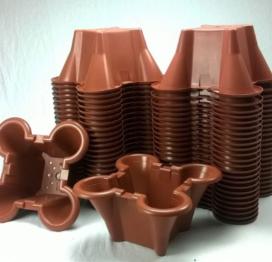 EzGro Quad Pot 50 PackRegular Price $499.90
EzGro Quad Pot 50 PackRegular Price $499.90 -
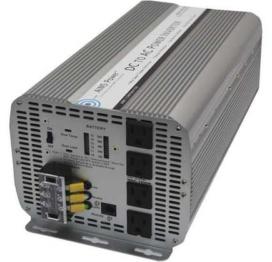 5000 Watt 48 Volt Power InverterRegular Price $899.00
5000 Watt 48 Volt Power InverterRegular Price $899.00 -
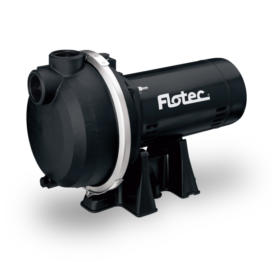 Thermoplastic Irrigation Pump 1 HPRegular Price $469.99
Thermoplastic Irrigation Pump 1 HPRegular Price $469.99 -
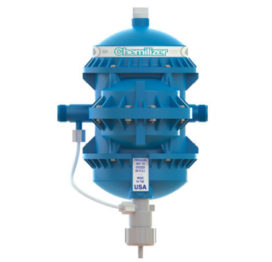 Chemilizer InjectorRegular Price $349.99
Chemilizer InjectorRegular Price $349.99 -
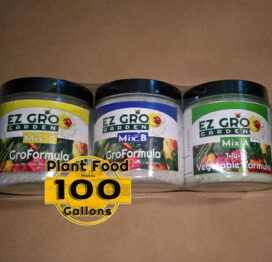 Vegetable Formula single dose SetRegular Price $29.99
Vegetable Formula single dose SetRegular Price $29.99








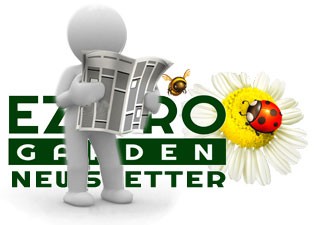
Leave a reply